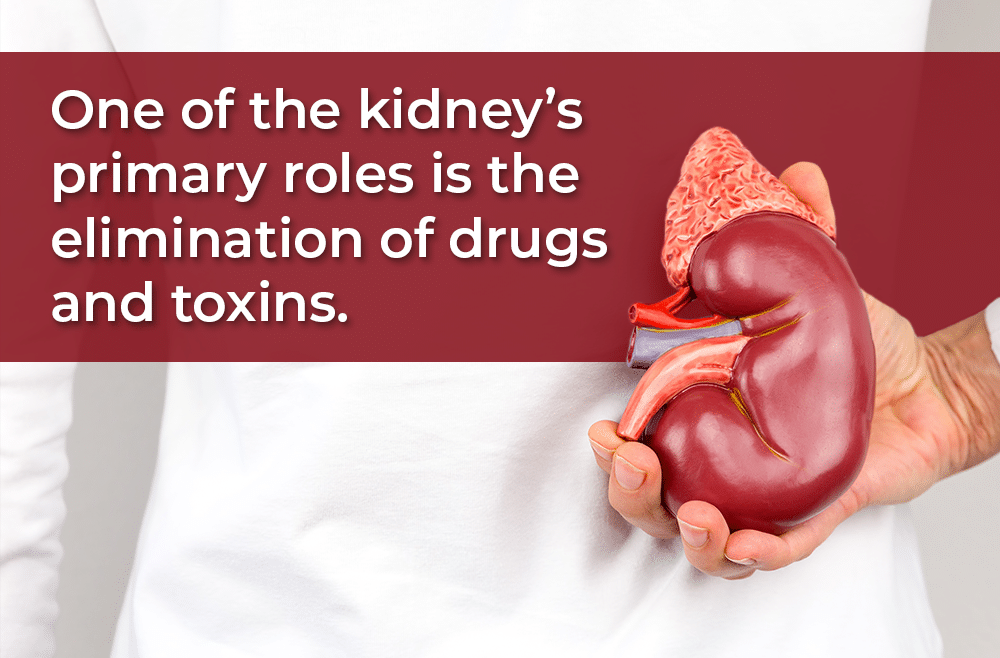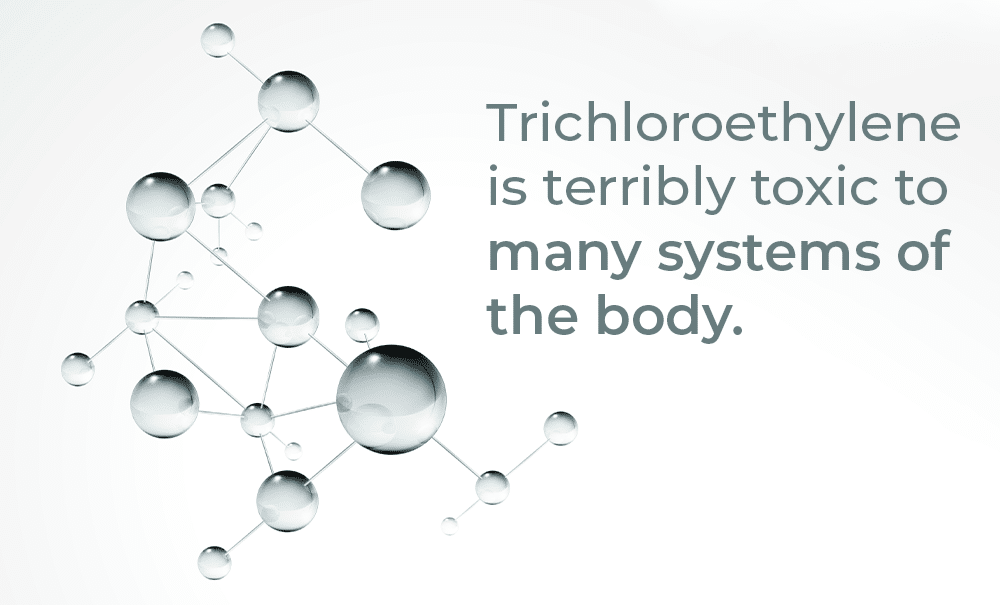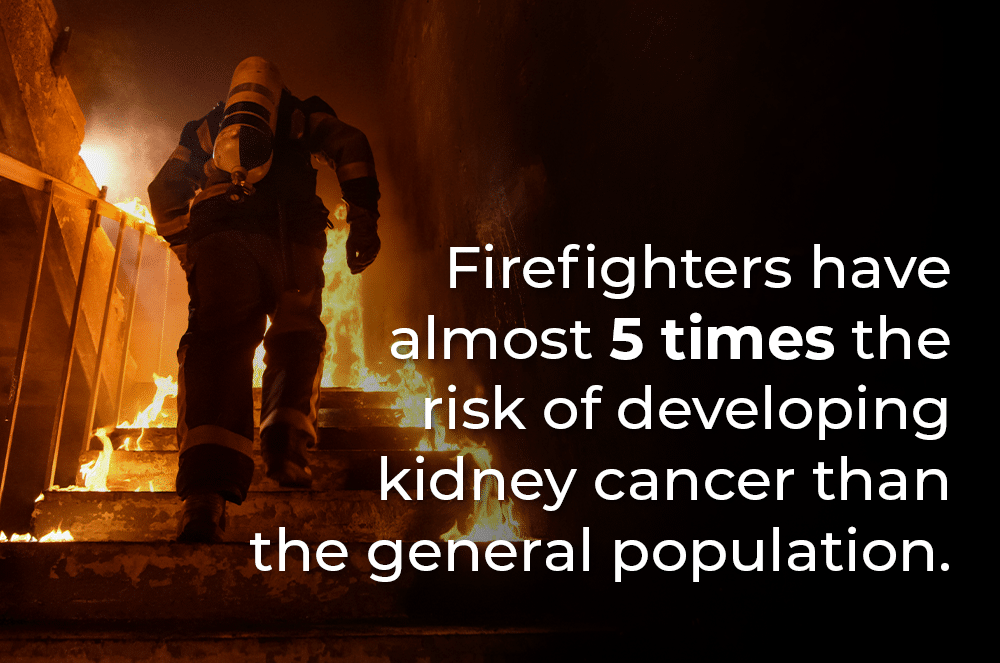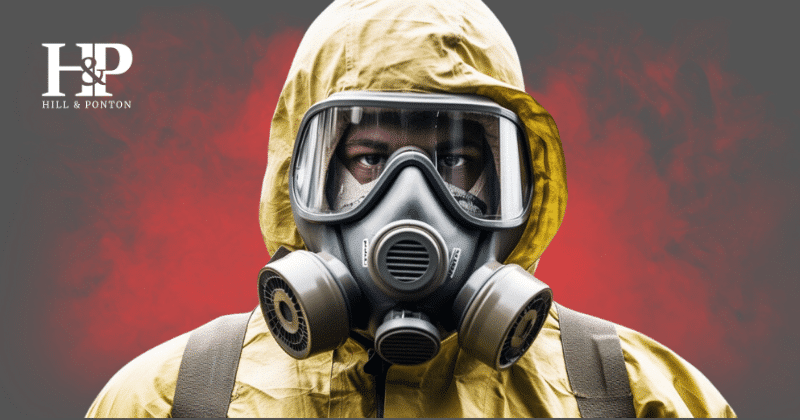Guide to Service Connection for Renal (Kidney) Cancer
Many veterans deal with cancer. Exposure to chemicals while on base or during deployment can lead to a number of cancers, including leukemia, bladder cancer, non-hodgkin’s lymphoma and more. And a great deal of these veterans struggle with cancer of the kidneys. One of the kidney’s primary roles is the elimination of drugs and toxins, so it seems likely that many chemicals that cause cancer or other problems will, at one point in time, travel through the kidneys. There are several different chemicals and occupations that are associated with a higher risk of developing renal cancer, and in order to prove to the Department of Veterans Affairs that your kidney cancer is at least as likely as not related to your time in service, it is important to know exactly what exposures may have led to your kidney cancer. Knowing these common links will help you obtain VA disability compensation.

Agent Orange and Kidney Cancer
TCDD, the dioxin contaminant in Agent Orange, promotes cancer in epithelial cells. Getting an independent opinion from a medical provider that links TCDD to your renal cancer could be the medical evidence you need to service-connect your kidney cancer and obtain disability benefits. However, many veterans are finding that the VA is denying their claim for renal cancers, as the VA currently only presumes a select few cancers are the result of Agent Orange exposure. Agent Orange exposure is common risk for anyone who performed military service during the Vietnam War. You can read more about Agent Orange exposure and the presumptive conditions associated with it here.
Trichloroethylene and Solvents related to Kidney Cancer
Trichloroethylene (or “Trike” or “TCE” for short) is an industrial solvent and degreaser, and is used for many applications in the military, from degreasing and cleaning machinery, to cleaning electronics. It was also used in certain paints used in the Navy. My co-worker Mary has a great post here detailing the various military jobs that were exposed to trichloroethylene frequently, and we have written many times about trichloroethylene exposure at Camp Lejeune in North Carolina.
Trichloroethylene is terribly toxic to many systems of the body. I’ve written before about TCE’s connection to Parkinson’s as well as other neurological disorders. TCE exposure has also been shown to correlate with kidney cancer.
Other solvents may also be a factor. Painters have been shown to have a nearly two-fold increased risk for renal cell carcinoma. While the specific chemical has not been isolated, it may be that a mix of chemicals that are nephrotoxic (do harm to the kidneys) such as solvents, combined with cancer-causing benzene and toluene may be to blame.

Acetaminophen (Tylenol) and Kidney Cancer
This may surprise many people, as over-the-counter pain relievers are so commonly used. Veterans who are already service-connected for a disability that involves pain management, such as orthopedic issues, or even frequent headaches, may need to take frequent and large doses of acetaminophen. Studies have shown that acetaminophen and non-aspirin NSAIDs are associated with a significant risk of developing kidney cancer. Could your kidney cancer be secondary to your already service-connected disability?
Firefighting and Burn Pits
We are not sure exactly why, but firefighters seem to have almost 5 times the risk of developing kidney cancer than the general population. The fumes and smoke from fires often contain numerous carcinogens like acrolein, formaldehyde, toluene, benzene and dichlorofluoromethane. As burn pits are also fires fueled by burning household and industrial products, the same chemicals, if not MORE chemicals are present in burn pit smoke as well, including TCDD, the dioxin contaminant in Agent Orange.

Other Exposures Linked to Kidney Cancer
Several studies have shown some surprising connections between various exposures and the development of renal cancers, kidney disease, and hindered kidney function. One study showed that those exposed to brick, glass, and wool dust fibers had increased risk for renal cell carcinoma.
One major study showed elevated risk in those exposed to: mustard gas, benzene, cadmium, Coal tar/asphalt/creosote, herbicides, and pesticides.
Jet Fuels such as JP-4 (Jet fuel exposure symptoms) and other JP fuels contain several chemicals listed above, including benzene and toluene. There have been studies performed by the US Air Force which DO show kidney disease as a common finding after JP-4 inhalation. While JP-4 has not been implicated fully in kidney cancer, some of these tests did show an increase in cell proliferation in damaged cells, which is one of the hallmarks of cancer. In addition, more renal tumors were seen in rats, but this effect has no been demonstrated in humans.
Kidney cancer and kidney disease can cause poor health, often requiring a kidney transplant, regular dialysis, and other intensive treatments. Exposure to chemicals during military service can be a risk factor for developing these diseases, so it’s important to see a health care professional if you are experiencing symptoms like weight loss, low back pain on one side, anemia, blood in your urine, a lump on the lower back, or other symptoms of kidney cancer.
Have Questions About VA Disability Compensation for Kidney Cancer?
Veterans living with kidney cancer or renal dysfunction, who may have been exposed dangerous chemicals during military service, may be eligible for VA disability compensation. If you already made a kidney cancer disability claim, and the VA either denied it or awarded a lower disability rating than you think you deserve, contact the team at Hill and Ponton. Our veterans disability law firm helps former military service members and their family members obtain the VA benefits that they’re entitled to. Contact us today for a free case evaluation.




